The PSC Library is open M-W 8am-7:00pm and Th-F 8am-4:30pm. PSC Librarians are available through the "Chat Now" button or via email at librarians@prairiestate.edu.

The Sustainability Committee and Student Sustainability Club are hosting events for Earth Month throughout April. Events include sharing sustainable recipes, a workshop on integrating sustainability into your curriculum, a virtual beehive tour, and citizen science, among others. Many of these activities will allow you to enjoy the spring weather. To see the full schedule and access event links, view their website for details.
We’ve been doing this for a year. With more vaccine availability there is light at the end of the tunnel, but this has been a dark year, and the pandemic isn’t over. It is okay not to be okay. It is okay to call the primal scream line. With this in mind, the library created a Mental Health During COVID-19 research guide as a small way to provide resources to anyone that needs them. This guide includes hotlines, like the National Suicide Prevention Hotline, how to access Student Services, and an acknowledgment that Self-Care Is Dead. Our Human Resources Department also has a robust EAP (Employee Assistance Program) to help with any challenges you might face.
The next meeting of our book club is Monday, April 26th from 1:00 – 2:00 pm on Google Meet. The book is Michelle Obama’s Becoming. All are welcome and while we hope you finish the book, please come even if you haven’t. No RSVPs are required.
Meeting ID: meet.google.com/bky-cqch-ect
Phone Number: (US) +1 617-675-4444 PIN: 867 972 429 8565#
Digitization projects are still ongoing. To have a look at what has been digitized, click here. The PSC Archives also has a large collection of newspaper clips regarding the events, major milestones, graduations from 1968 until the 2000's. These clips can be viewed in the Archives by appointment. For more information, please email the College Archivist Alex Altan at: aaltan@prairiestate.edu.
This month we will discuss storytelling your data. We generate a lot of data as part of the daily work of higher education. We also give datasets to our students to interpret, hoping that they take away the “correct” lesson from them. We don’t create data to let it sit--we create it to prove a point, which can get lost if the data is difficult to interpret. Rather than relying only on graphs, consider a different approach to help your listener better remember your point: storytelling. Storytelling can be a useful strategy to better communicate data and sway opinions. Since storytelling is a fundamental part of the human experience, it is an accessible way to communicate information that will then be retold.
What might this look like in practice? Here are your ingredients for your story: the data is your character, the challenge is your struggle that needs to be overcome, and your setting establishes your plot.
There are three common ways that stories are told, each of which uses different literary theories. Use different story structures for different situations.
Not all situations fit into one of these structures, but if the information you want to communicate lends itself to a story-like structure, it can be very effective. Raw numbers can sometimes be opaque and some people have math anxiety. If you can turn it into a story, odds are good that it will at least make an impact.
I relied heavily on the work of Kate McDowell, Associate Professor at the School of Information Sciences at the University of Illinois at Urbana-Champaign to write this. If you are curious to learn more, you can watch her lecture on Storytelling Structures. Dear Data is a book about postcards shared between two friends over a year and the data they collect along the way.
April’s eBooks will continue with the Earth Month theme.
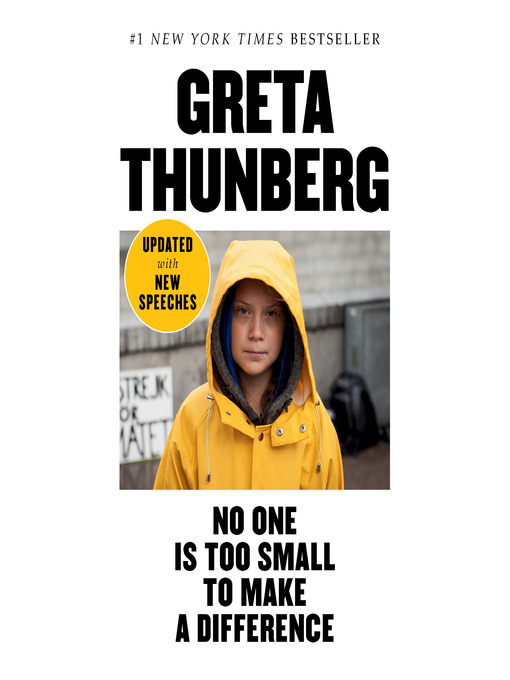 No One Is Too Small to Make a DifferenceGreta Thunberg |
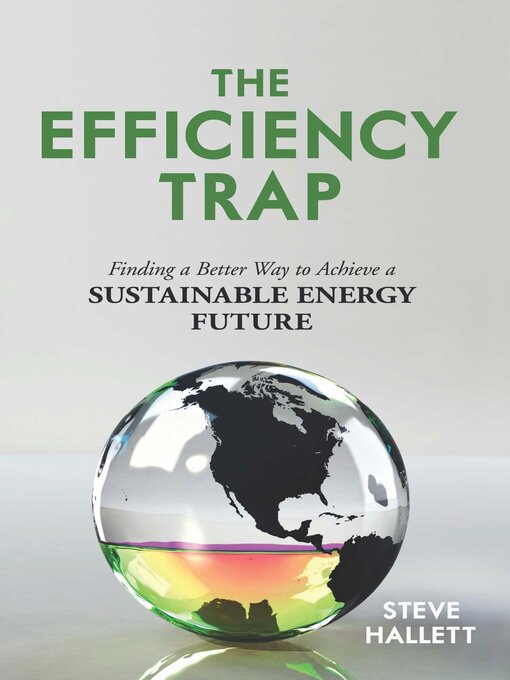 The Efficiency TrapSteve Hallett |
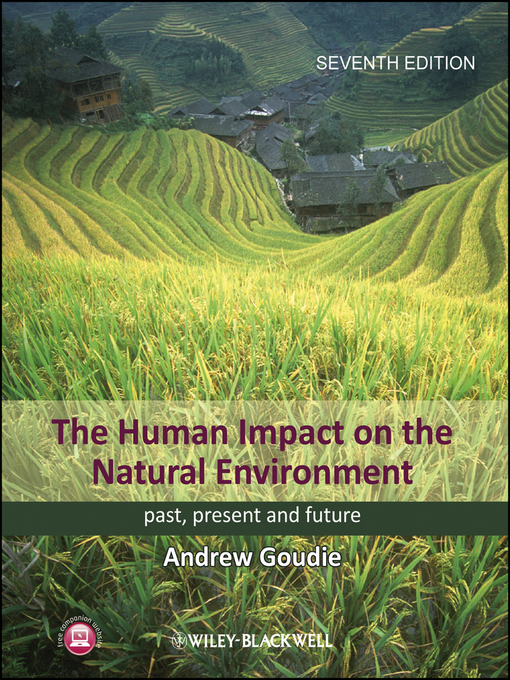 The Human Impact on the Natural EnvironmentAndrew Goudie |
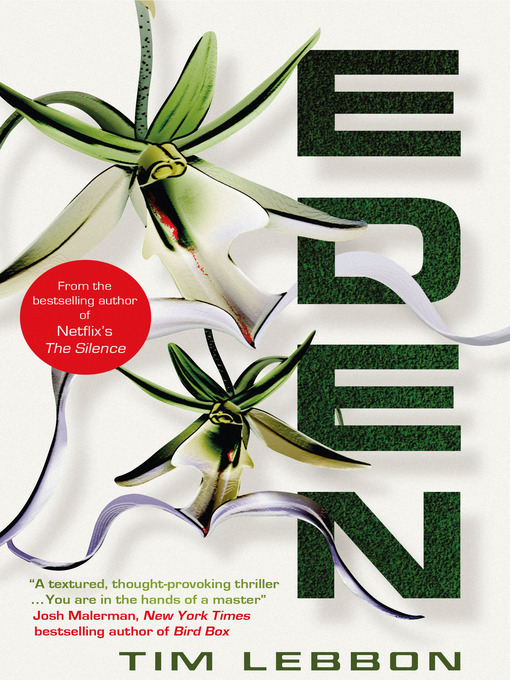 EdenTim Lebbon |
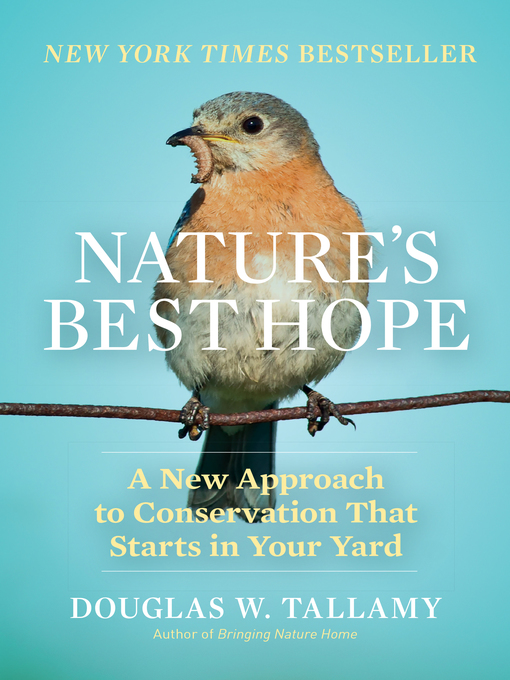 Nature's Best HopeNature's Best Hope |
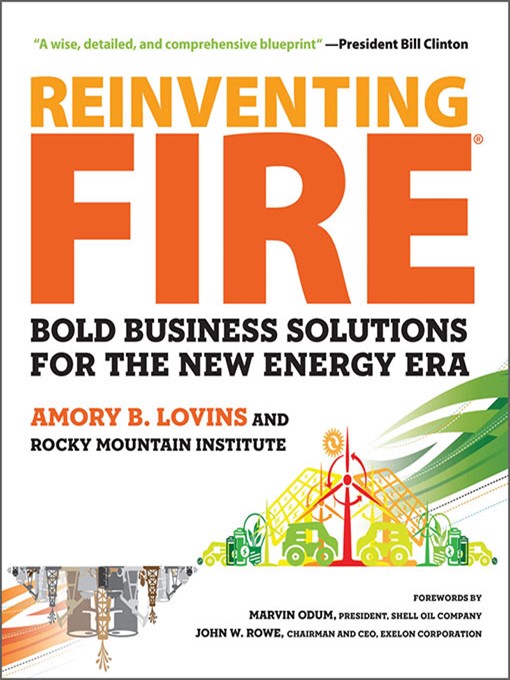 Reinventing FireAmory Lovins |
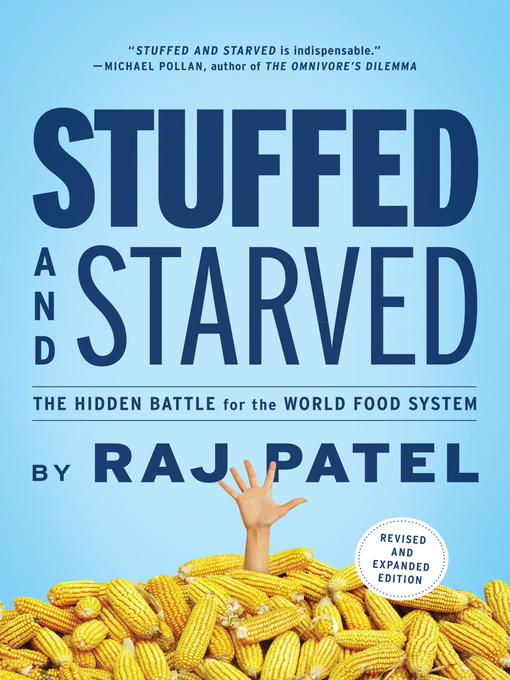 Stuffed and StarvedRaj Patel |
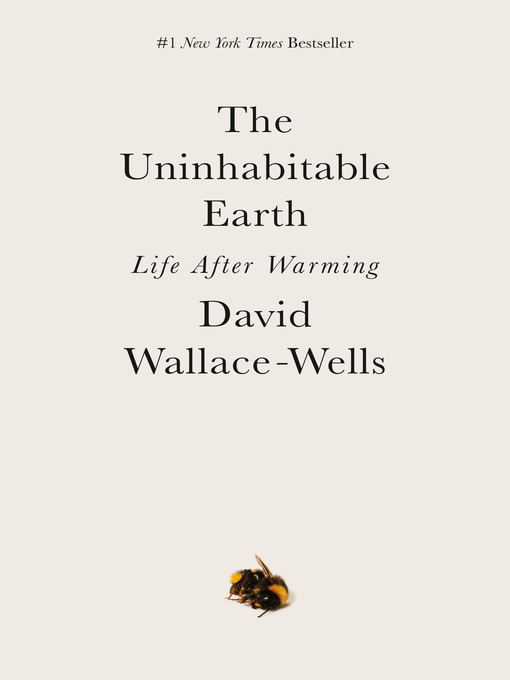 The Uninhabitable EarthDavid Wallace-Wells |
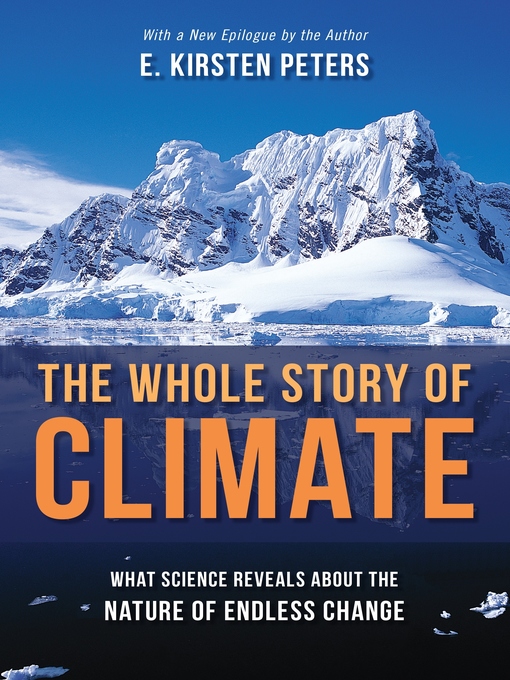 The Whole Story of ClimateE. Kirsten Peters |
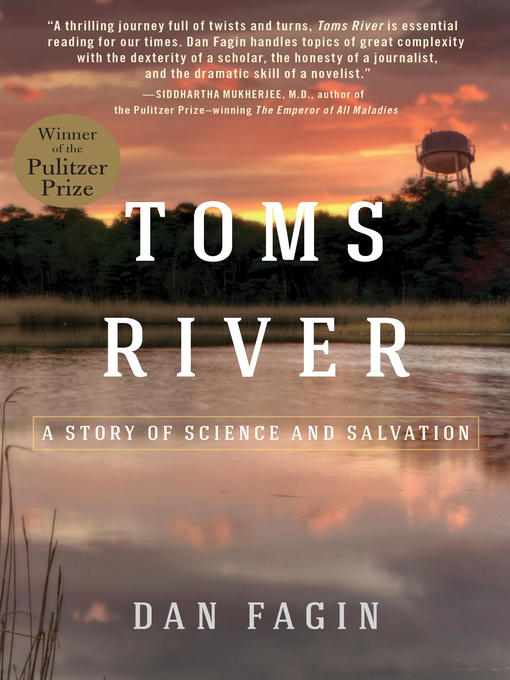 Toms RiverDan Fagin |